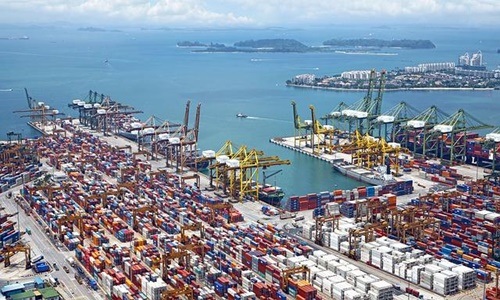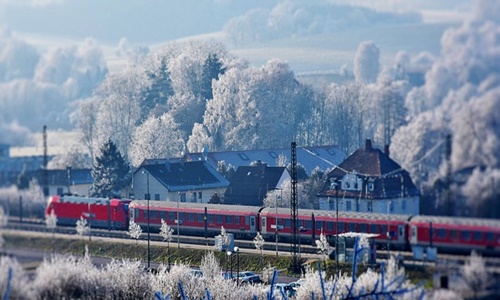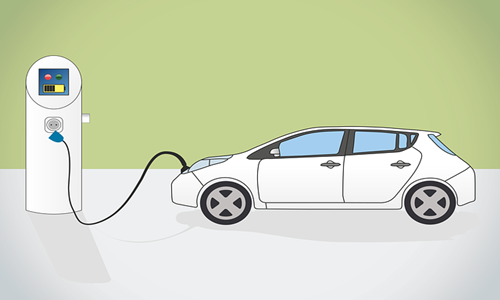South Korea recorded a current account surplus for the third consecutive month in July, but reportedly, the surplus shrank as the goods balance turned negative for the first time in around a decade due to rapidly climbing import costs for energy as well as other goods, according to central bank data.
As per preliminary results from the Bank of Korea (BOK), the nation's current account surplus decreased to $1.09 billion in July from a surplus of $5.61 billion in the previous month.
The report showed that the July surplus was also considerably less than the $7.71 billion surplus the nation recorded during the same month a year ago.
The dramatic drop occurred as import costs for the nation grew more quickly than exports due to rising energy and commodity prices, as well as supply chain disruptions around the world, made worse by the ongoing conflict in Ukraine.
According to the figures, the country's imports in July were $60.23 billion, up 21.2% over the same month last year, while exports increased by 6.9% to $59.05 billion.
As a result of factors like Chinese lockdowns that resulted in reduced demand, exports grew in July albeit at a slower rate.
Over the same time, inbound shipments of raw materials increased 35.5%, with imports of coal, as well as crude oil, increasing by 110% and 99.3%, respectively.
The goods balance, which keeps track of imports and exports, consequently showed a deficit of $1.18 billion in July. The nation's goods balance became negative for the first time since April 2012.
The BOK estimated that the country will produce a current account deficit in August, despite recording an all-time high trade surplus of $9.47 billion in the month.
The service account, which covers South Koreans' travel expenses and transportation earnings, saw a $340 million surplus in July in comparison to a $490 million deficit in June.
Despite a continuing deficit in travel, even after loosened anti-pandemic measures, the turnaround partially resulted from high freight charges.
Source credit: https://www.koreaherald.com/view.php?ud=20220907000154&np=1&mp=1








